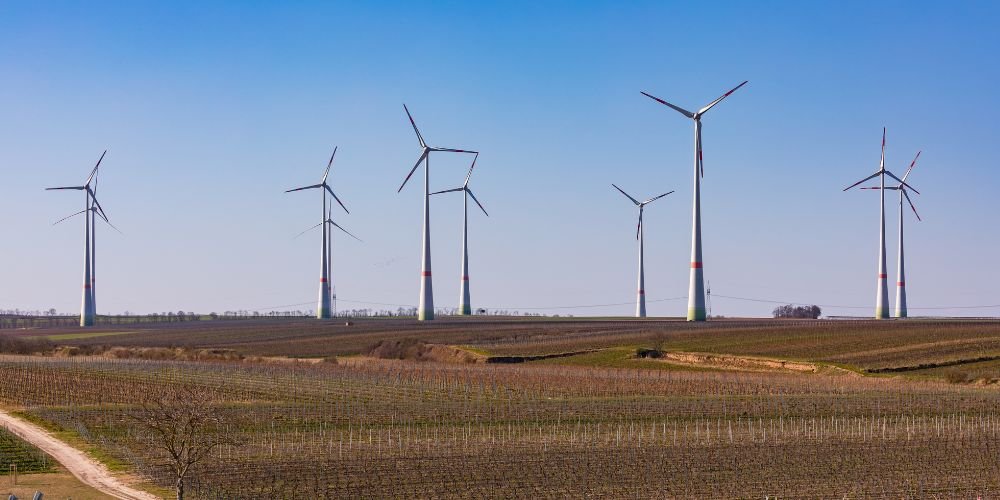Energy policy refers to the set of laws, regulations, and initiatives that govern the production, distribution, and consumption of energy resources within a country or region. These policies are instrumental in shaping the energy landscape, influencing investment decisions, driving technological innovation, and addressing pressing challenges such as climate change, energy security, and economic development. Energy policy plays a crucial role in determining the trajectory of energy systems and guiding the transition to sustainable, resilient, and equitable energy futures.
Setting Objectives and Priorities
Energy policy establishes objectives and priorities for the energy sector, reflecting societal goals, economic considerations, and environmental imperatives. Policies may promote energy security by diversifying energy sources and reducing dependence on imported fuels, mitigate climate change by reducing greenhouse gas emissions and promoting renewable energy deployment, or foster economic development by creating jobs, stimulating innovation, and attracting investment. Setting clear objectives and priorities provides a framework for decision-making and helps stakeholders align their actions with broader societal goals.
Regulatory Frameworks and Incentives
Energy policy encompasses various regulatory frameworks, incentives, and support mechanisms to promote desired outcomes and address market failures. These may include tax incentives, subsidies, feed-in tariffs, renewable energy targets, emissions trading schemes, and energy efficiency standards. By providing financial incentives and regulatory certainty, energy policy encourages investment in clean energy technologies, drives innovation, and accelerates the deployment of sustainable energy solutions. Additionally, regulatory frameworks ensure the safe, reliable, and equitable provision of energy services while protecting public health and the environment.
Stakeholder Engagement and Collaboration
Effective energy policy requires collaboration and engagement among diverse stakeholders, including governments, industry, academia, civil society, and communities. Stakeholder engagement fosters dialogue, builds consensus, and ensures that energy policies reflect the needs and priorities of all stakeholders. Additionally, collaboration enables sharing of knowledge, expertise, and best practices, facilitating the development and implementation of effective policy solutions. By engaging stakeholders in policymaking, energy policy can promote transparency, accountability, and social acceptance, leading to more robust and resilient energy systems.
Conclusion
Energy policy plays a central role in shaping the future of energy systems and driving the transition to sustainable, resilient, and equitable energy futures. By setting objectives and priorities, establishing regulatory frameworks and incentives, and fostering stakeholder engagement and collaboration, energy policy guides decision-making promotes innovation and addresses complex challenges such as climate change, energy security, and economic development. As societies worldwide confront the urgent need to decarbonize energy systems and build a more sustainable future, effective energy policy will be essential for achieving these goals and ensuring the well-being of current and future generations.





